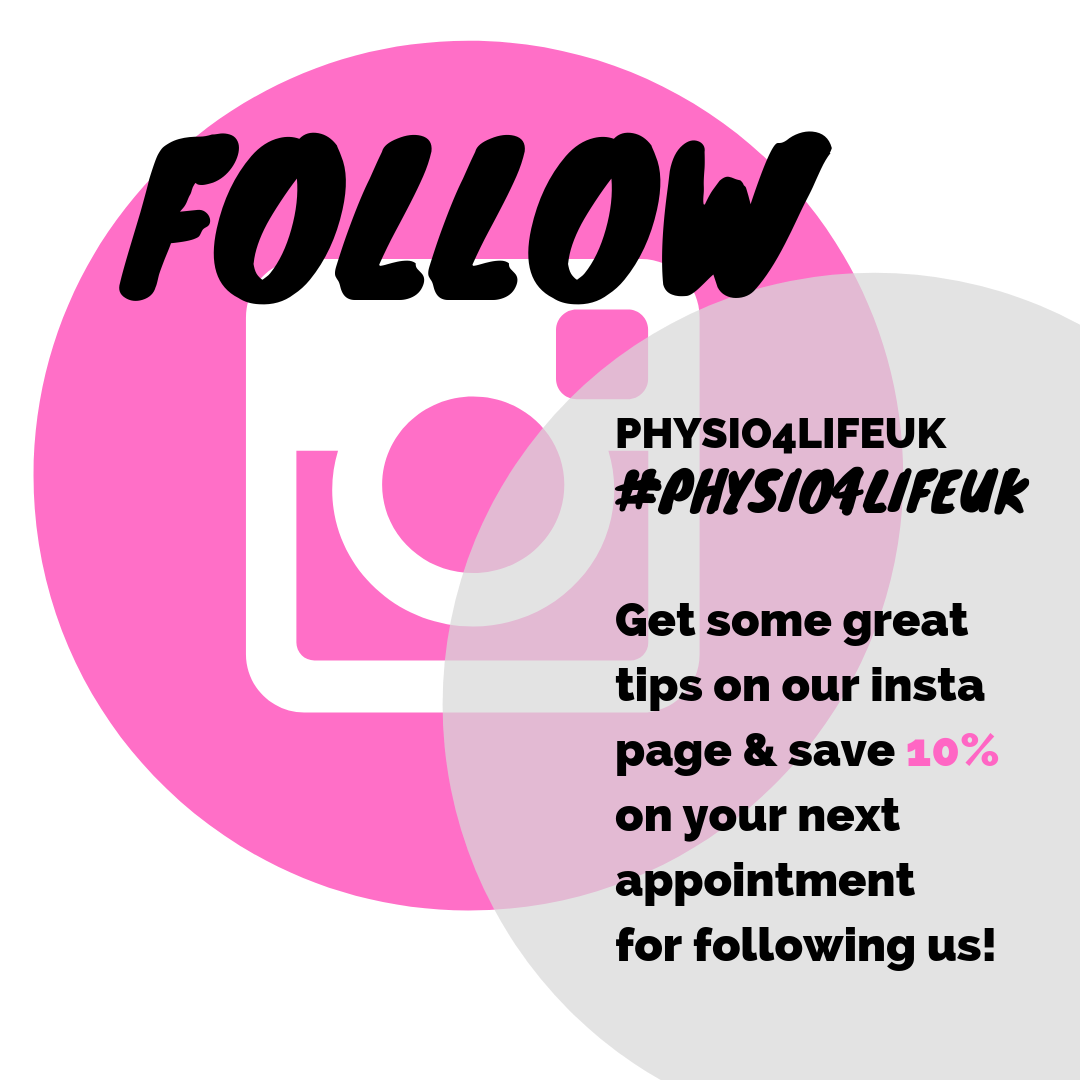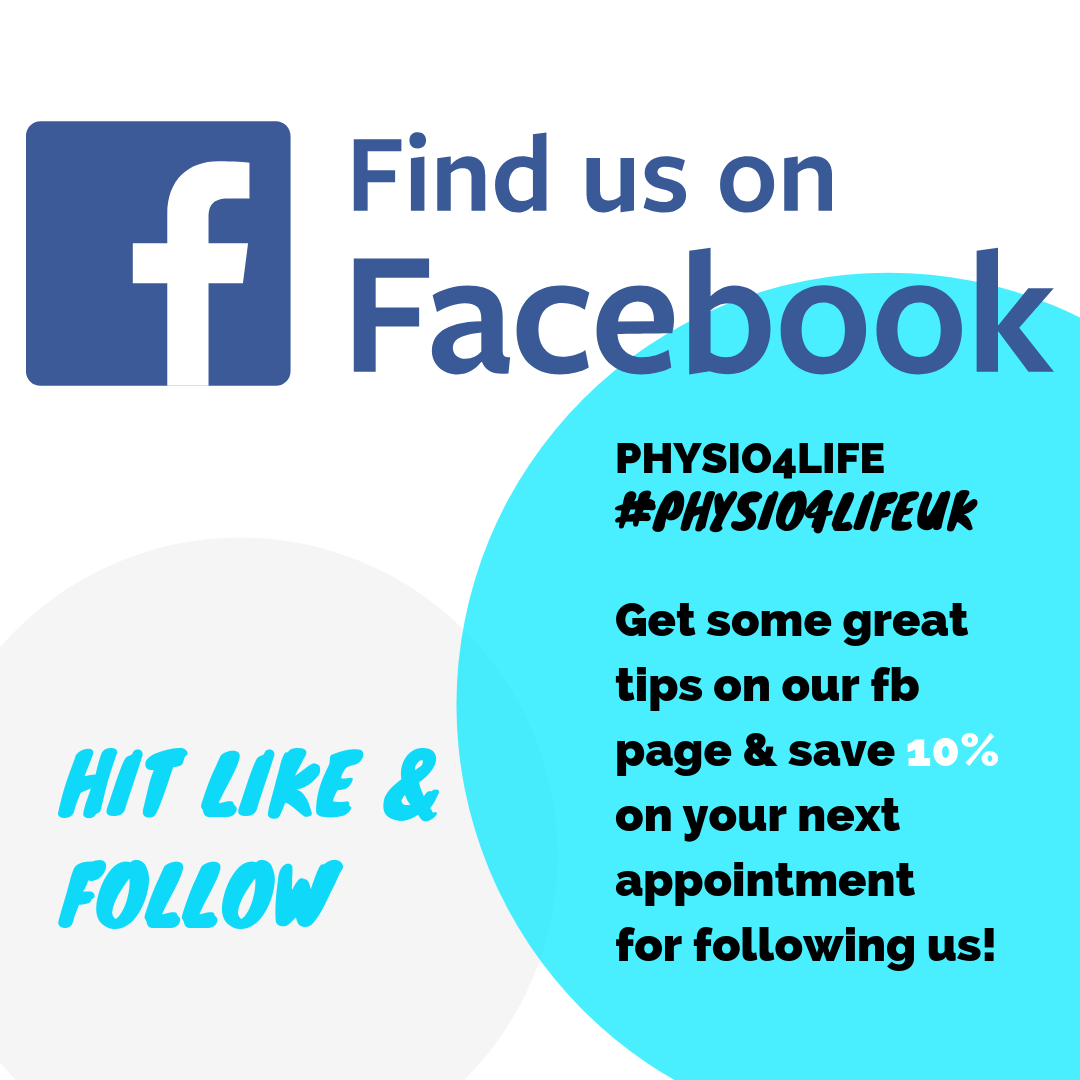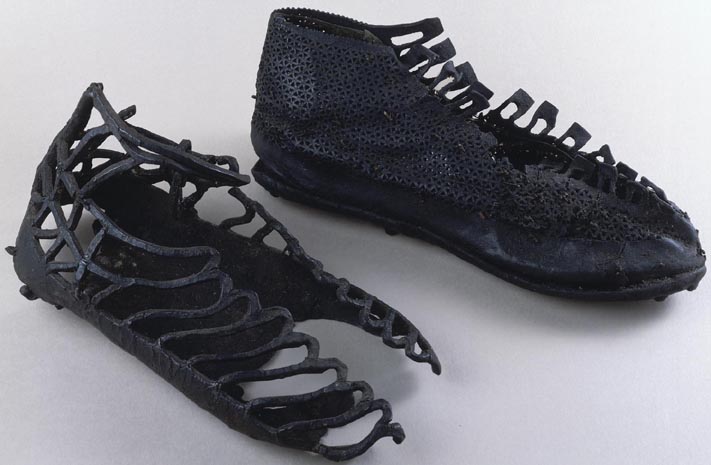
We’ve learnt a lot from ancient civilizations, but their flimsy footwear certainly doesn’t do our bodies any favours.
In Greek mythology Achilles was a warrior, athlete and all-round demigod, able to take on any man and even those deities who dared mess with him. But as we all know, the King of the Myrmidons had one fatal flaw . . . poor choice of footwear. If he’d taken the right advice, Achilles would soon have worked out that wearing those Greek sandals just didn’t give him any of the right support or cushioning. And he wouldn’t have developed that troublesome tendon problem which brought about his downfall!
In all seriousness, it’s not uncommon for people to spend much of their lives walking around in shoes, trainers and sandals poorly suited to the body’s biomechanics. Whether it’s high heels that pinch the toes and put enormous pressure on the ball of the foot, or deck shoes and flip flops that fail to cushion the impact of sole on hard surface, poor footwear can cause an epic array of problems.
Ok, it’s safe to say that we’re all guilty of picking fashion over function from time to time. But when exercising or performing an activity that might put constant, regular strain on the body, it’s crucial that we take care not to wear anything that might encourage poor posture or an abnormal gait. Choosing the right kind of footwear for your feet is, of course, the starting point. It goes without saying that wearing shoes fit for purpose is necessary to allow ample range of movement and support. But sometimes this just isn’t enough. After all, how can a generic shoe on the shelves in your local sports store be expected to fit your feet perfectly?
The answer is that they don’t; and this is where serious problems can arise.
Exercising in shoes that don’t complement the specific shape of your feet can literally send shockwaves through the rest of your body. As studies into biomechanics have shown, the alignment of the foot and the way energy is distributed up from the sole can have repercussions on the stability and efficiency of the ankle, knee, hips and back. Misalignment not only places strain on the bones and joints but also pulls muscles in unnatural directions – something which almost inevitably leads to strains and tears. For keen sportspeople and those who exercise regularly, this can limit the ability to train or compete.
By Zeus, we’ve got the answer – orthotics
Just as the Greeks sent in a horse to spoil the Trojan’s party, using custom-built insoles can prevent those shockwaves from having their fun up and down the body. Prescription orthotics are insoles taken from moulds of an individual’s feet to ensure that the contours and curvature are cushioned and supported in just the right way. So, whether flat-footed or high-arched, underpronating or overpronating, orthotics can go a long way to making the rest of an individual’s biomechanics work as nature intended.
Do you find it hard to recover after exercise or experience twinges caused by the rigors of running around or cycling? At Physio4Life we’re experts in handling biomechanical issues faced by everyone from the most inexperienced amateur to professional athletes such as Pat Cash and Chrissie Wellington. So why not call us on 020 8704 5998 or book an appointment to see how we can help you.




